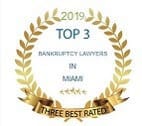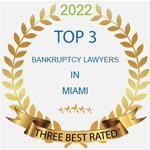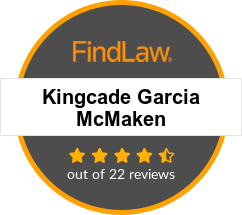Three times when Chapter 13 is the better choice
When most people think about bankruptcy, they think of the quick discharge offered by Chapter 7. Few persons are aware that in some instances it is more advantageous to file Chapter 13. Knowing the three main situations where this is true can help you choose the type of bankruptcy that will help you most.
Situation one: you are facing foreclosure
If your home is at risk of foreclosure, filing Chapter 13 can be especially helpful. Although Chapter 7 can help with foreclosure issues by stopping the sale, the relief is only temporary. If you do not bring your mortgage current within a short period, the sale will likely resume.
However, Chapter 13 stops the sale for the duration of the bankruptcy process. Under Chapter 13, your delinquent payments become part of the payment plan. Pursuant to the plan, you have 3-5 years to catch up with your overdue payments by making monthly installment payments towards them. As long as you make the agreed payment each month, your lender may not foreclose on your house. By the end of your bankruptcy, you are caught up with your mortgage and can resume making normal payments.
Situation two: you have nonexempt property
If you have property that is not exempt from sale by law, you can lose it in Chapter 7 bankruptcy. This property may include second homes, multiple motor vehicles and luxury items. Consequently, if you would like to keep this property, you are better off filing Chapter 13. During Chapter 13, you keep all of your property, as there is no liquidation sale. Instead, your debts are consolidated and paid off within three to five years. Additionally, many unsecured debts are eliminated outright at the end of the plan.
Situation three: you hold non-dischargeable debts
If you have debts that bankruptcy cannot discharge, such as alimony, backed taxes or child support, Chapter 13 would be a better fit for you in most cases. Although Chapter 13 does not eliminate your non-dischargeable debts, it does give you 3-5 years to get caught up on them under the specified repayment plan. As long as you make your monthly installment payments towards your debts, you are protected from being sued, having your wages garnished and other collection attempts.
An attorney can help you decide
There are several other situations when Chapter 13 may be the best solution when addressing your debt problems. To learn the type of bankruptcy that would best fit your situation, speak with an experienced Miami bankruptcy attorney. An attorney can consider your unique circumstances and recommend a solution that would work best, keeping your interests at heart.
















